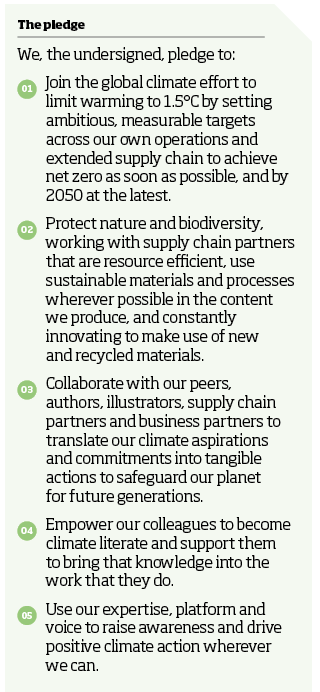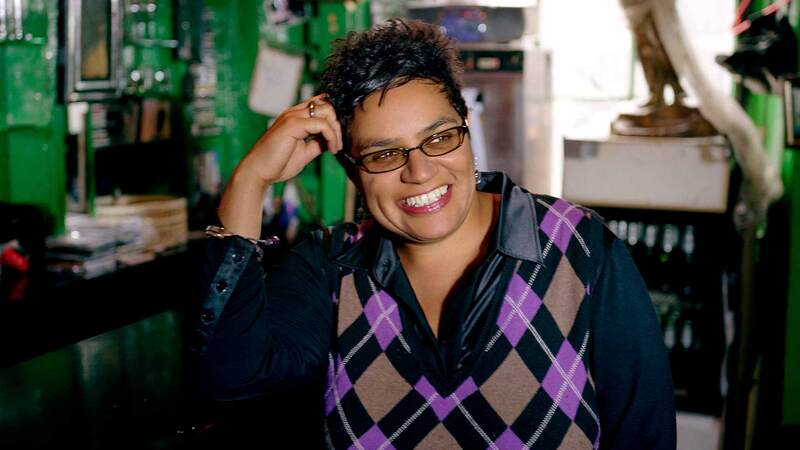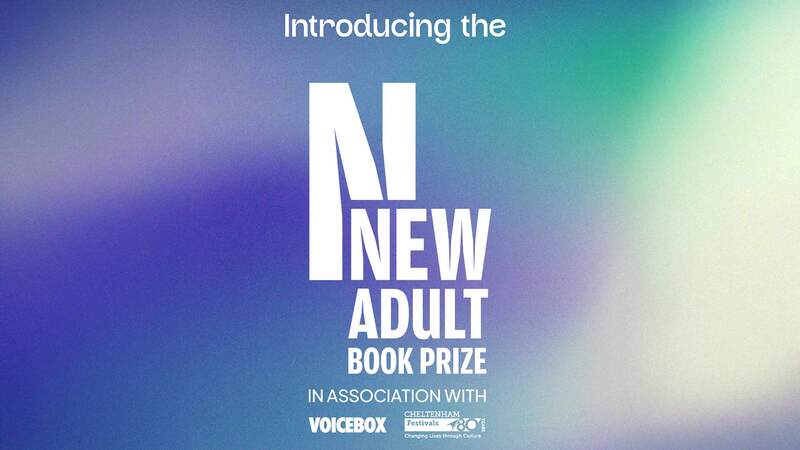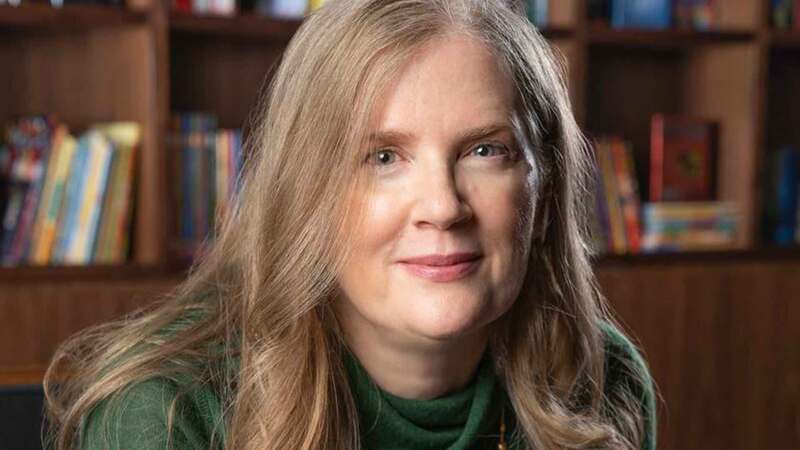You are viewing your 1 free article this month. Login to read more articles.
PA’s Publishing Declares initiative pledges to tackle the trade’s sustainability issues
The Publishers Association (PA) has launched a new pledge that invites publishers to set sustainability targets across their operations and supply chains.
In late September, the PA soft-launched its pledge, under the banner Publishing Declares. Within a week, more than 30 publishers had signed up, with signatories ranging from the big names (Penguin Random House, Hachette) to independents (And Other Stories, Oneworld) to the printer Clays.
The pledge is five-pronged. Signatories have agreed to set targets across their operations and supply chains to achieve net zero carbon emissions as soon as possible, and by 2050 at the latest; to work with resource-efficient supply chain partners and use sustainable materials and processes where possible; to collaborate in order to achieve their climate aspirations; to support colleagues to become climate literate; and to raise awareness and drive positive climate action wherever they can.

The pledge was many months in creation. The PA has had a sustainability taskforce in place since February 2020, with members from across the industry meeting every couple of months to discuss what actions the books world can take. The taskforce identified four priorities, with the pledge as the first.
“It’s an incredibly collegial group. It’s been brilliant to watch, actually, because you’ve got people who are really far along as an organisation on the journey, and then others just starting out. There doesn’t seem to be any competition in this space. It’s about coming together as an industry and doing something to help in what is obviously an incredibly important area,” says Susan Pinkney, head of research at the PA. “Probably the biggest challenge for us was to make sure that whatever we came up with worked for the smaller organisations through to the largest, which already have their own goals set.”
At Springer Nature, director of sustainability and climate action officer Thea Sherer agrees, describing the pledge as a “clear demonstration of the efforts we can make as a sector both to raise awareness of the issues and to take action in our own businesses to reduce emissions and other environmental impacts”.
 Siena Parker, social impact director at Penguin Random House (PRH) UK, has been part of the team from across the trade working with the PA to shape the pledge. “Underlying this is the idea of it being a space for collaboration rather than competition; that we need to pool resources and information as an industry, rather than doing our own separate thing in silos,” she says. “It’s early days, but we hope the pledge will pave the way for more collaboration. Certainly, there is a willingness, it’s just that maybe the structures aren’t necessarily there at the moment.”
Siena Parker, social impact director at Penguin Random House (PRH) UK, has been part of the team from across the trade working with the PA to shape the pledge. “Underlying this is the idea of it being a space for collaboration rather than competition; that we need to pool resources and information as an industry, rather than doing our own separate thing in silos,” she says. “It’s early days, but we hope the pledge will pave the way for more collaboration. Certainly, there is a willingness, it’s just that maybe the structures aren’t necessarily there at the moment.”
PRH, for example, is currently developing a toolkit to educate and empower editors, designers and production teams to make greener choices around the paper and materials they are using. Once it’s developed, the publisher will share it with the industry. “We’re hoping that it will be a really useful tool, and sharing it will mean we avoid duplication [as a trade],” says Parker.
It’s not only the big publishers sharing with the smaller ones. “There’s always a two-way street, there are a lot of innovations from smaller publishers too, so I don’t think it’s necessarily just that they can learn from us. With the pledge, there was a delicate balance to be met between keeping the ambition so that it met the challenges of the climate crisis, but equally, if you’re a one-man-band indie publisher without the resources of PRH, how do you make it feel accessible?” says Parker. “The pledge was not just for publishers, but something that the industry and the supply chain—whether that be booksellers, printers—sign up to. That feels really critical to this next phase, so it’s not just publishers talking to themselves, or booksellers, or printers. We need to have that conversation all in one room.”
The PA is expecting many more signatories in the run-up to COP26. Like the set of principles put together by architects under the banner Architects Declare, which lays out a series of architectural practices committed to addressing the climate emergency, the PA hopes the pledge will help raise awareness of the key sustainability issues for the books world, as well as inspiring action that results in sustained behavioural changes.
Next on the agenda is a new annual report. In its first year, this will survey members to benchmark where they are on their “sustainability journey”, with the report to become more detailed in subsequent years. The PA hopes it will help the wider publishing sector understand where risk is located in the supply chain and what interventions are most effective, with the first report to be delivered by the end of 2021.
“In year one, it’s going to be quite straightforward, just: ‘Is your organisation doing this or not?’ As we go on, we’ll collect more data around carbon outputs and things like that, so we can measure the changes over time,” says Pinkney. The PA has worked with Carnstone Partners, an independent management consultancy specialising in corporate responsibility and sustainability, on the pledge and the report.
The PA is also working with RISE, a Swedish state-owned research institute, on two further sustainability projects. It hopes to deliver an online carbon calculator to help publishers understand the source of their greenhouse gas emissions, and how they can reduce their overall impact. RISE and the PA are currently collecting the data to create this, with the aim to have it up and running in the first half of 2022.
The final project will be a materials index, also due in the first half of 2022, which will show the impacts of different products (paper, glue, glitter) and alternative, greener products. The PA hopes this will help publishers understand the environmental impacts of their products through the materials used in them, and thus reduce those impacts. The report will be made freely available and the plan is to release it publicly, while the carbon calculator and materials index will be available for free to PA members.
“The pledge is about raising awareness. The fact that we have tried to simplify it down with these five key statements will enable people to go off and do something,” says Pinkney. “The purpose of the carbon calculator and the materials index are really as tools to aid, rather than everyone going off and having to spend money, time and effort on creating them themselves. The materials index will help them to do things differently if they choose to do so.”
Stefan Tobler, publisher at indie list And Other Stories, is clear that the projects can make a genuine difference. “In the past, some of the larger publishers have been involved in the Book Chain Project, and other projects to measure data for their carbon footprint and concerns such as child labour. But it was limited to a few large publishers,” he says. “With the PA taking this on and commissioning the consultancy, there will be much more information that will be gathered, information that actually hasn’t been there yet, which will then be available to help everyone make the right choices. It feels like it’s a very substantial action. It’s a massive step.”














